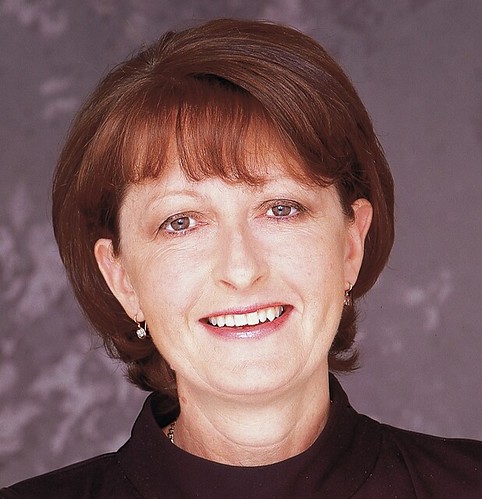Are criminal charges apt for medical mishaps?
Have you been sued yet?
I say if rather than when, because the stats indicate that the majority of doctors will be sued at least once in our working lives, and our recent story on the issue received many personal and sympathetic responses.
A usually diligent lot who primarily have the interests of patients at heart, doctors take perceived failures, whether real or not, much to heart.
Which probably explains my reaction when I hear of doctors undergoing criminal charges for a medical procedure gone wrong – not the Patel serial error-type story – but the one-off event where there’s no suggestion of a pattern of offending.
The reason for my focus on doctors and the law is the charging of prominent Queensland gynaecologist, Dr Bruce Ward, yesterday with the manslaughter of a 30 year old woman who died in hospital in 2002 just days after a radical hysterectomy for cervical cancer.
Mother-of-two Ms Nadia Cvitic reportedly collapsed three days after surgery and subsequently died of multi-organ failure. The inquest, which ended 18 months ago, found a pelvic drain had pierced a vein, which went unidentified by Dr Ward who began treatment for a suspected pulmonary embolus. The vein was repaired by a second surgeon who found over a litre of old blood in her abdomen.
As in all such cases, there are no true winners. Ms Cvitic’s dead and the $175,000 out-of-court settlement to the family won’t bring her back. For his part, Dr Ward must have spent a rotten five years and now he’s on bail, about to begin a probably lengthy criminal manslaughter trial with the prospect of subsequent incarceration. Even if he gets off, his practice is probably ruined.
None of this is to say that such deaths shouldn’t be vigorously investigated or that I have a view as to whether he was negligent or not.
But after seeing an Australian Story program where a drunken youth confessed to killing another chap with an unprovoked punch but walked out of court with an unblemished record after acquittal of manslaughter, I’m just not sure there shouldn’t be at least some distinction in the way these two quite different types of cases are death with.
There are other jurisdictions, such as Medical Boards or civil actions, to deal with doctors involved in a single medical tragedy. And if a doctor loses their licence to practice, there’s little likelihood of them harming anyone else.
I say if rather than when, because the stats indicate that the majority of doctors will be sued at least once in our working lives, and our recent story on the issue received many personal and sympathetic responses.
A usually diligent lot who primarily have the interests of patients at heart, doctors take perceived failures, whether real or not, much to heart.
Which probably explains my reaction when I hear of doctors undergoing criminal charges for a medical procedure gone wrong – not the Patel serial error-type story – but the one-off event where there’s no suggestion of a pattern of offending.
The reason for my focus on doctors and the law is the charging of prominent Queensland gynaecologist, Dr Bruce Ward, yesterday with the manslaughter of a 30 year old woman who died in hospital in 2002 just days after a radical hysterectomy for cervical cancer.
Mother-of-two Ms Nadia Cvitic reportedly collapsed three days after surgery and subsequently died of multi-organ failure. The inquest, which ended 18 months ago, found a pelvic drain had pierced a vein, which went unidentified by Dr Ward who began treatment for a suspected pulmonary embolus. The vein was repaired by a second surgeon who found over a litre of old blood in her abdomen.
As in all such cases, there are no true winners. Ms Cvitic’s dead and the $175,000 out-of-court settlement to the family won’t bring her back. For his part, Dr Ward must have spent a rotten five years and now he’s on bail, about to begin a probably lengthy criminal manslaughter trial with the prospect of subsequent incarceration. Even if he gets off, his practice is probably ruined.
None of this is to say that such deaths shouldn’t be vigorously investigated or that I have a view as to whether he was negligent or not.
But after seeing an Australian Story program where a drunken youth confessed to killing another chap with an unprovoked punch but walked out of court with an unblemished record after acquittal of manslaughter, I’m just not sure there shouldn’t be at least some distinction in the way these two quite different types of cases are death with.
There are other jurisdictions, such as Medical Boards or civil actions, to deal with doctors involved in a single medical tragedy. And if a doctor loses their licence to practice, there’s little likelihood of them harming anyone else.


1 Comments:
You refer to this as a single event. You might find it interesting to read the comments which have been added to a blog I posted on 'Lynda's Retreat'. I'm sure a search on Dr Bruce Ward will bring it up easily.
Post a Comment
<< Home